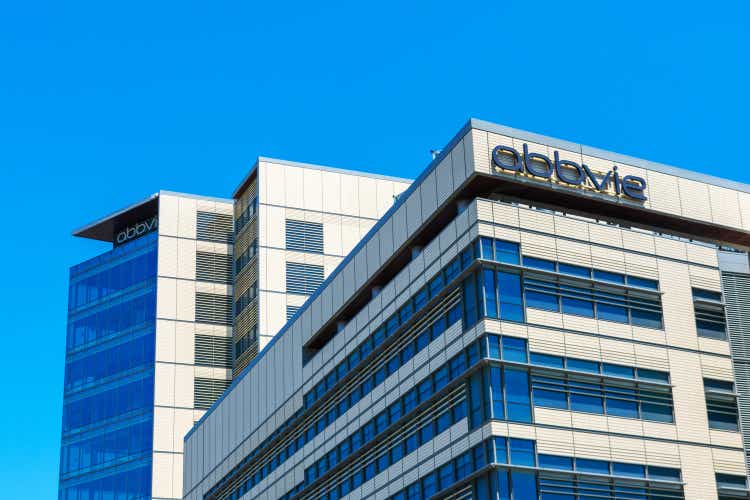
Michael Vi/iStock Editorial via Getty Images
AbbVie (NYSE:ABBV) has discontinued a Phase 2 program for its Alzheimer’s therapy, ABBV-916, citing the candidate’s lack of differentiation from the currently approved drugs.
“The emerging efficacy and safety profile in this study is similar to what has been demonstrated by approved agents,” said Roopal Thakkar, AbbVie’s Chief Scientific Officer, following an interim analysis of trial data.
Similar to FDA-approved Alzheimer’s drugs Leqembi from Biogen (BIIB) and Eisai (OTCPK:ESALF) (OTCPK:ESAIY), and Kisunla from Eli Lilly (LLY), ABBV’s monoclonal antibody is designed to target amyloid beta, a key pathological change in the memory-robbing disease.
“However, given the evolving landscape, we do not believe 916 as a monotherapy treatment will be sufficiently differentiated from other emerging therapies,” Thakkar added during the company’s Q2 earnings call on Thursday.
“As a result, we are discontinuing further development for 916 as a standalone antibody.”
Despite putting ABBV-916’s monotherapy plans on ice, ABBV is evaluating other options for the drug, including studies into its potential as a combination therapy, a company spokesperson said, according to Fierce Biotech, which first reported the news.
